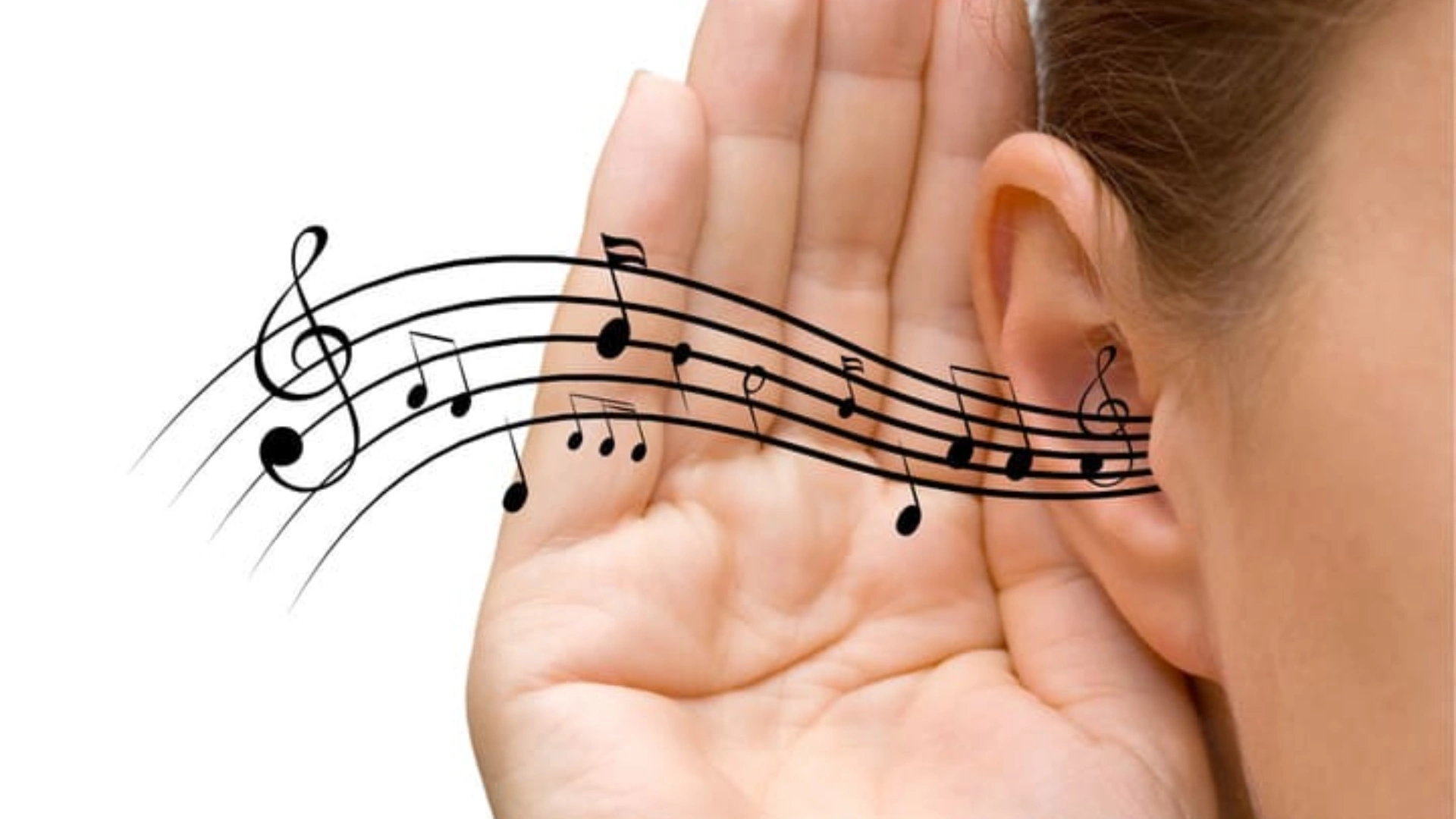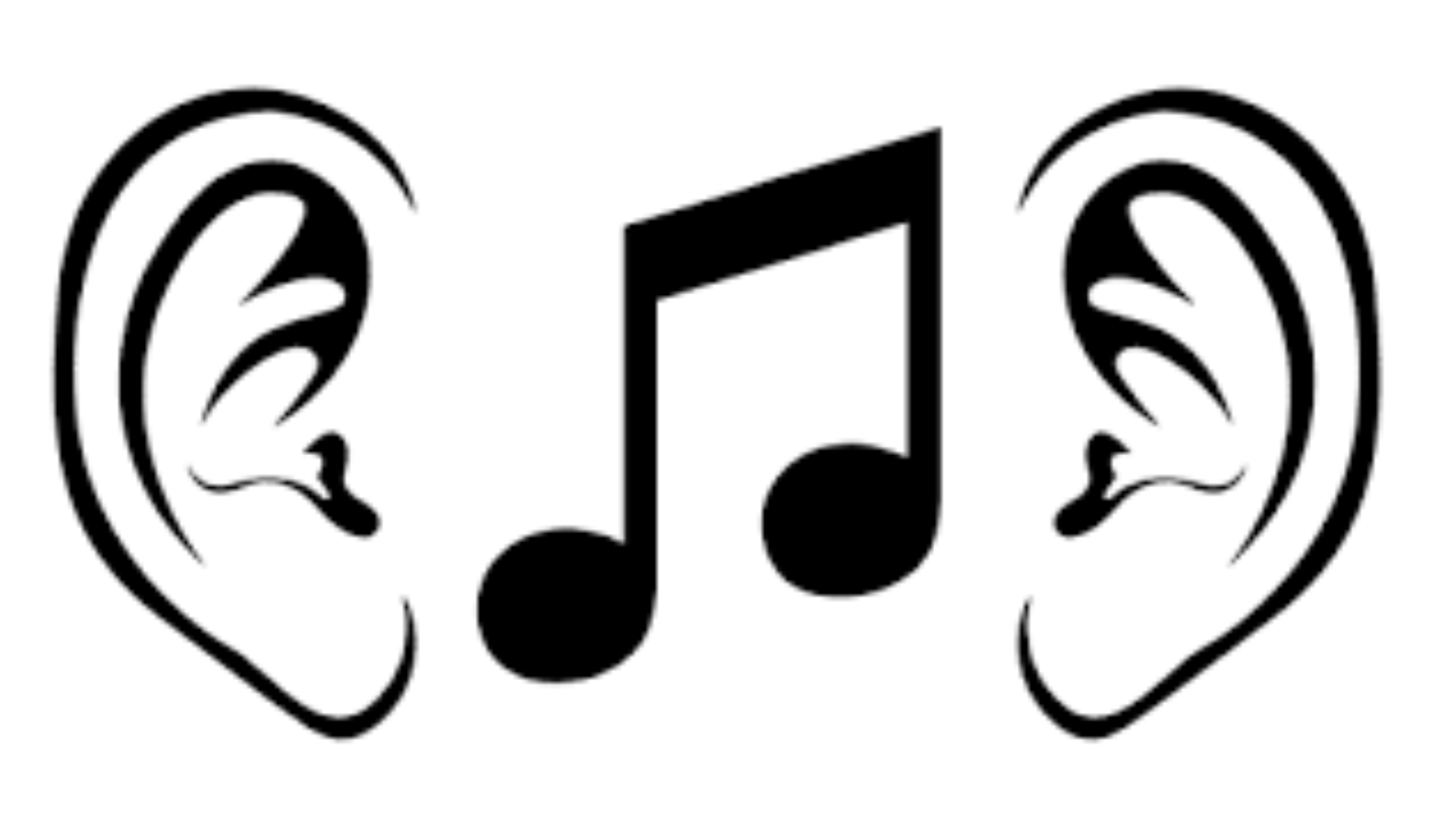The Importance of Ear Training for Musicians How to Develop Your Listening Skills

In the journey of becoming a skilled musician, most learners in India focus primarily on technique, practice, and learning songs. While these are crucial aspects of musical growth, one element that often gets overlooked is ear training.
Understanding the importance of ear training for musicians is not just about identifying notes or chords—it’s about developing a powerful listening skill that shapes the way you play, create, and connect with music. Whether you’re a beginner learning your first instrument or an advanced player aspiring to perform on stage, ear training will transform your musical journey.
At NMS Musicals in Pondicherry and Chennai, we see aspiring musicians every day who struggle with rhythm, pitch recognition, and improvisation.
The common solution? Strengthening their listening skills through structured ear training. In this blog, we will explore why ear training matters, its benefits for Indian musicians, how to develop your listening skills, and practical exercises to master this craft.
What is Ear Training and Why Does It Matter?

Ear training is the process of sharpening your ability to recognize and understand the different elements of music—such as pitch, intervals, scales, rhythms, and chords—by listening. For musicians in India, where classical, folk, and contemporary genres are rich with tonal variations, ear training becomes even more essential.
When you develop your listening skills, you gain the ability to:
- Identify musical intervals instantly
- Recognize chord progressions and scales
- Tune instruments without relying solely on devices
- Improve improvisation during live performances
- Play by ear and replicate music you hear
The Importance of Ear Training for Musicians in India
1. Enhances Pitch Accuracy
Indian music relies heavily on tonal precision, whether it’s in Carnatic ragas, Hindustani classical, or Bollywood melodies. A trained ear helps you sing or play in tune consistently.
2. Boosts Rhythm Recognition
Drumming patterns in tabla, mridangam, or even modern drum kits require sharp rhythmic awareness. Ear training enables musicians to keep time and adapt quickly during ensemble performances.
3. Improves Musical Memory
By actively training your ear, you can recall melodies, chord changes, and entire compositions more effectively. This is especially beneficial for students preparing for music exams or competitions.
4. Strengthens Improvisation Skills
Improvisation is at the heart of both Indian classical and modern jazz. With ear training, you’ll be able to respond to other musicians on stage instantly.
5. Connects You Emotionally with Music
Music is not just technical—it’s emotional. Ear training allows you to feel and express emotions through your instrument or voice more effectively.
How to Develop Your Listening Skills
1. Start with Intervals
Intervals are the building blocks of music. Begin by training your ear to distinguish between major, minor, perfect, augmented, and diminished intervals. Apps and online tools can help, but practicing with a piano or guitar is most effective.
2. Practice with Indian Classical Music
Listen to ragas and try to identify the specific swaras (notes). For example, practice differentiating between Sa-Re-Ga in different scales. This sharpens your tonal awareness.
3. Work on Rhythm Training
Clap along with talas like Teentaal, Rupak, or Adi Tala. Once comfortable, practice with metronomes or drum machines to improve timing.
4. Transcribe Music
Choose a simple Bollywood or Carnatic song and try to play it by ear on your instrument. Writing down the notes or chords helps reinforce recognition.
5. Play in Groups
Jamming with other musicians is one of the best ways to improve listening skills. You’ll naturally adapt to others’ timing, pitch, and improvisation.
Ear Training Exercises Every Musician Should Try
1. Singing Intervals
Play two notes on a keyboard and try singing them. Repeat until you can recognize the interval without checking.
2. Call-and-Response Exercises
Ask a teacher or peer to play a short melody on an instrument, and replicate it immediately by ear.
3. Rhythm Dictation
Listen to a rhythm and write it down or clap it back. Start simple, then progress to complex patterns.
4. Chord Identification
Listen to different chord progressions and practice naming them (major, minor, diminished, seventh).
5. Tuning by Ear
Before using an electronic tuner, try to tune your guitar, violin, or other instrument by listening to reference pitches.
The Role of Ear Training for Different Musicians in India
Vocalists
Indian singers rely heavily on accurate pitch. Ear training ensures you hit the right swaras every time.
Guitarists and Pianists
These instruments involve chords and scales, making ear training vital for improvisation and composition.
Drummers and Percussionists
Recognizing rhythmic cycles (tala) and adapting to varying beats becomes second nature with ear training.
Composers and Producers
From film music directors to indie producers in India, ear training allows quick idea translation from mind to instrument.

Tools and Resources for Ear Training in India
- Apps – Functional Ear Trainer, Tenuto, and Teoria
- Online Courses – Indian music schools offering ear training modules
- Music Teachers – Personalized ear training at institutes like NMS Musicals (Pondicherry & Chennai)
- Daily Practice – Consistency is more important than intensity
Why You Shouldn’t Skip Ear Training
Some musicians in India make the mistake of relying solely on technique or technology. While tools like tuners and metronomes are helpful, they cannot replace a well-trained ear. Skipping ear training leads to challenges in performing, improvising, and collaborating.
At NMS Musicals, we encourage students to combine instrument practice with ear training sessions. Our teachers in Pondicherry and Chennai provide one-on-one guidance to help you develop sharp listening skills.
How NMS Musicals Supports Your Learning Journey
If you’re in Tamil Nadu or Pondicherry, NMS Musicals is more than just a shop—it’s a hub for musicians. Along with selling instruments like guitars, pianos, drums, and Indian classical instruments, we also provide guidance on practice techniques, ear training exercises, and music education resources. Our expert team helps beginners and professionals alike strengthen both their technical and listening skills.
Conclusion
The journey of becoming a complete musician goes beyond practicing scales or memorizing songs. The importance of ear training for musicians lies in its ability to enhance listening skills, sharpen performance, improve improvisation, and connect emotionally with music. For Indian musicians, where tradition and modern styles merge, ear training is not just an added skill—it is essential.
At NMS Musicals in Pondicherry and Chennai, we guide you in every step of your musical journey, from choosing the right instrument to training your ears for excellence. If you’re ready to take your musicianship to the next level, start your ear training today and experience how it transforms your connection with music.
At NMS Musicals, we offer a comprehensive range of musical instruments, including percussion, string, wind, and keyboard instruments. Our services encompass sales, expert servicing, and the manufacture of leather instruments. Explore our diverse collection and find the perfect instrument to suit your musical needs.
Visit our website to browse our offerings: nmsmusicals.in
For a closer look at our products, check out our shop page: nmsmusicals.in/shop
Stay connected with us through our social media channels:
- Facebook: https://www.facebook.com/nmsmusicalinstruments/
- Instagram: https://www.instagram.com/nmsmusicals/?hl=en
- YouTube: youtube.com/@nmsmusicals
Our shop locations are:
- Puducherry: 149, Perumal Koil Street, Heritage Town, Puducherry, 605001.
Map Link: https://maps.app.goo.gl/ejDwBBFEJmd3szxk7 - Chennai: No: 1, 1st Floor, Kandigai Street, TVS Nagar, Korattur, Chennai – 600076.
Map Link: https://maps.app.goo.gl/7oXmB6X7KQsqeuuw9
For inquiries, contact/Whatsapp us at 9500663895 or email us at laxman.m89@gmail.com.
Discover the world of musical instruments with NMS Musicals today!
For a visual overview of our percussion instruments, watch the following video:


 Cart is empty
Cart is empty 
Leave A Comment
You must be logged in to post a comment